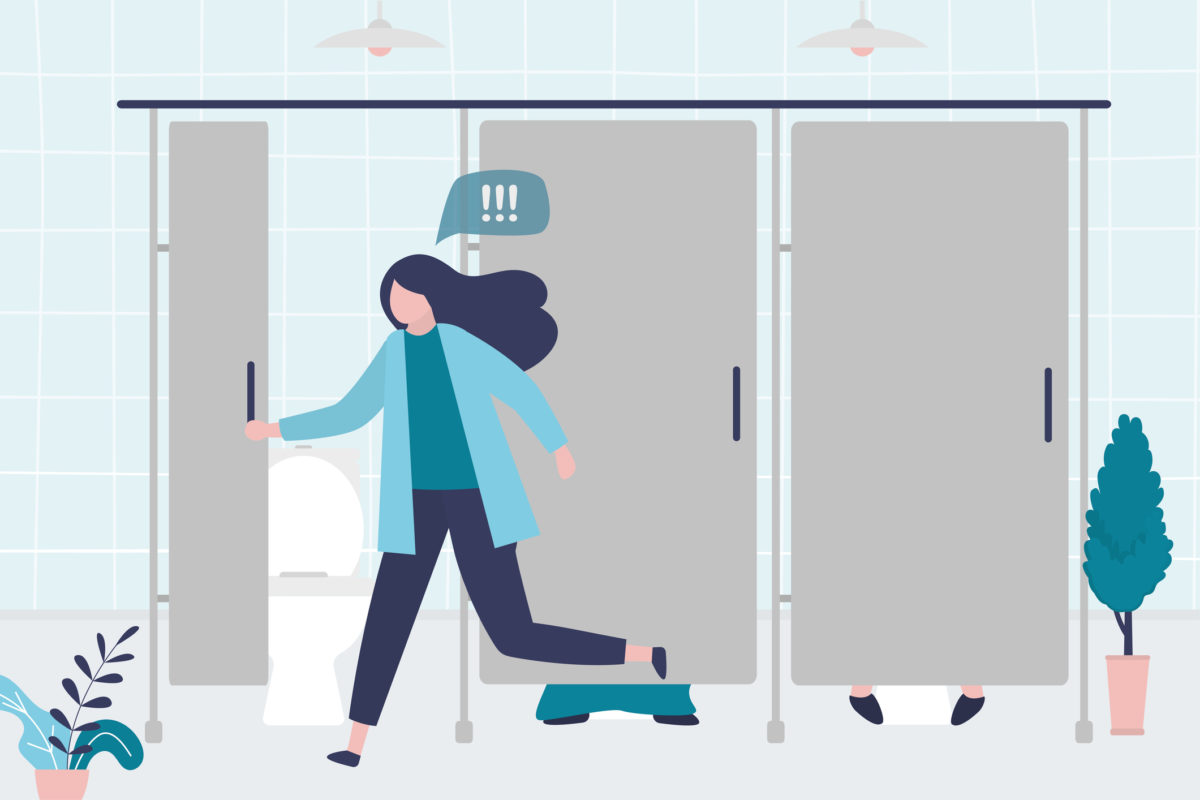Ways to improve women’s bladder health
Bladder health issues, which can include urine leakage, are actually a very common condition for women. There should be no shame in learning about it and addressing it if it is happening. Urine leaks vary in women and may range from a little at a time, to much more.
According to a study by the American Urogynecologic Society, more than 83% of women 70 years and older experience bladder leakage. The condition typically peaks among women 50 to 60.
Women may experience embarrassment or social anxiety about frequent use of the restroom or urine leakage. The condition affects people when they’re doing simple things, like drinking fluids or laughing too hard, which may cause them to miss social gatherings and important events. Bladder leakage may also affect sexual function and sleep patterns, leading to depression and anxiety.
Besides leakage of urine, symptoms may include bowel leakage or urgency to have a bowel movement, organ prolapse (slipping out of place), and urinary tract infections.
Chronic health conditions, including multiple sclerosis and Parkinson’s disease, may impact bladder function. Other common causes of urinary incontinence include weight gain and obesity, high blood pressure, and chronic constipation.
Several treatments for bladder leakage may relieve symptoms. Options differ depending on the type of bladder leakage, severity of symptoms and previous treatments.
Medications for bladder leakage work by relaxing the bladder muscle. The bladder is like a big balloon surrounded by a dome of muscle that squeezes and makes people urinate. With urinary incontinence, those muscles squeeze when they shouldn’t.
For older adults, medications may cause some negative side effects, such as dry mouth, constipation, memory loss or confusion. Outpatient procedures, such as urethral injections or Botox injections in the bladder, may be more appropriate.
Other non-surgical treatment options include tibial nerve stimulation with acupuncture which inserts a needle into the ankle near the tibial nerve or pelvic floor therapy, which provides specialized care to support your pelvic health.
While urinary incontinence is a common condition, it shouldn’t be considered normal. Many advancements have been made in treatment that can help restore quality of life and dignity.
If you have any of these types of health concerns, please schedule an appointment with your health care
provider.
(Source: HealthDay News)




